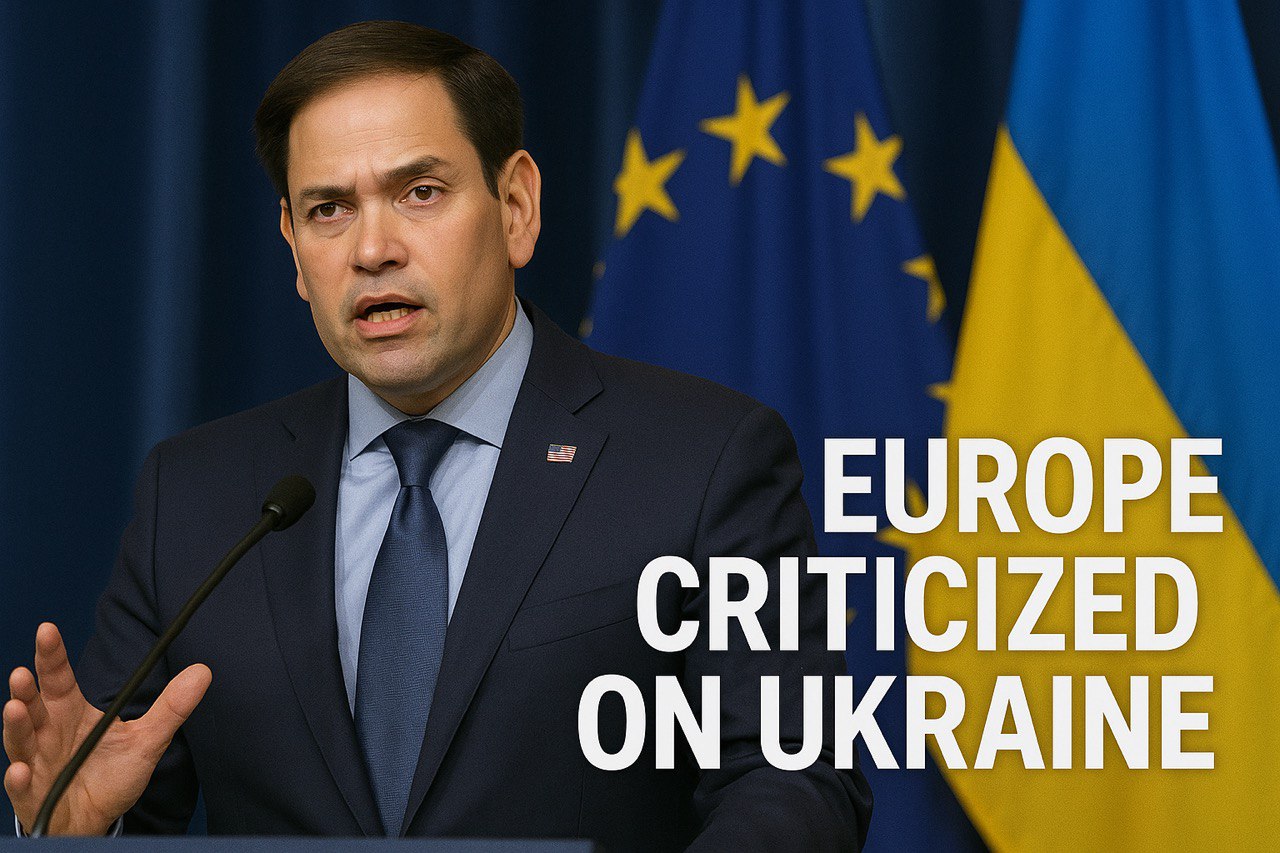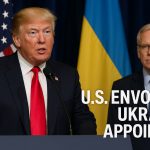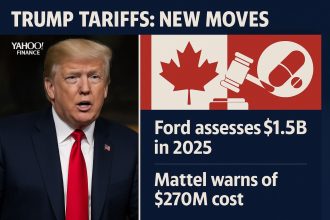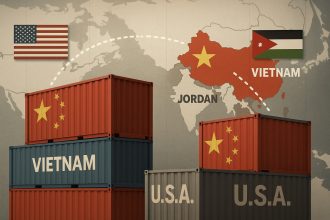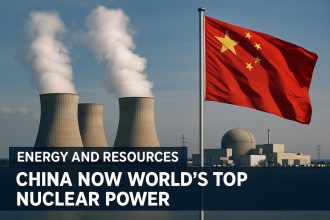The ongoing conflict in Ukraine, now entering its fourth year since Russia’s full-scale invasion in February 2022, has placed significant pressure on international allies to provide robust support. This analysis delves into U.S. Senator Marco Rubio’s recent criticism of Europe’s efforts, exploring the context, details, and implications for Ukraine and transatlantic relations. The discussion is informed by recent developments and statements, reflecting the situation as of May 2, 2025.
Context of the Conflict and International Support
Ukraine has faced immense challenges since the invasion, with tens of thousands of casualties and millions displaced. The international response has been multifaceted, including military aid, financial assistance, and humanitarian support. Europe, particularly the European Union (EU), has been a significant contributor, allocating billions in aid and imposing stringent sanctions on Russia. For instance, a recent update from the Ukraine Support Tracker (Military assistance to Ukraine (February 2022 to January 2025)) indicates Europe has allocated EUR 23 billion more than the United States up to February 2025, highlighting its substantial role. Additionally, the EU has backed a major defense spending package, with plans to spend over $680 billion, as reported by NPR (EU backs big defense package, as Ukraine-U.S. talks set for next week).
However, research suggests that this support may not be sufficient to fully replace potential reductions in U.S. aid. The House of Commons Library report notes that to fully replace U.S. military assistance in 2024, Europe would need to double its current level of arms assistance, pointing to a significant gap (Military assistance to Ukraine (February 2022 to January 2025)). This gap is complicated by inconsistent publication of aid data across countries and challenges in distinguishing between types of assistance, such as mine clearance or non-lethal aid.
Rubio’s Specific Criticisms
Senator Marco Rubio, a vocal advocate for Ukraine, recently expressed frustration with Europe’s level of support, stating in an interview that “Europe needs to step up” as the U.S. cannot bear the burden alone. This criticism, detailed in a CNN report from April 18, 2025, reflects his view that Europe’s aid, while significant, has been inconsistent in disbursement and effectiveness (US will abandon Ukraine peace efforts ‘within days’ if no progress made, Rubio warns). Rubio’s comments are part of a broader context where the Trump administration has signaled potential reductions in military aid unless there is progress toward peace, adding urgency to his call for Europe to increase its efforts.
Further details from the thinking trace reveal Rubio’s earlier criticisms, such as his stance on Europe’s energy dependence on Russia, particularly the Nord Stream 2 Pipeline, which he argued gave Putin leverage over allies, including Ukraine (Marco Rubio on Russia and Ukraine). While this is more about energy policy, it underscores his broader concern about Europe’s strategic vulnerabilities affecting Ukraine. His recent statements, however, focus more on the need for concrete actions, with reports indicating he warned that the U.S. would abandon peace efforts if no progress is made soon, implying a call for Europe to fill the gap (Rubio says concrete Ukraine proposals needed now, or US will step back).
European Response and Challenges
European leaders have reaffirmed their commitment, with the European Parliament outlining continued support in 2025, including calls for robust security guarantees and urging member states to lift restrictions on weapon use by Ukraine (How the EU is supporting Ukraine in 2025). The European Commission has also announced initiatives like encouraging EU companies to invest in Ukraine’s reconstruction, as seen in a press release from April 9, 2025 (EU reaffirms unwavering support for Ukraine). However, internal disagreements pose challenges, with some EU leaders, like Hungary’s Viktor Orban, not fully aligning with collective pledges, and resistance to proposed military aid levels, such as Kaja Kallas’s suggestion of up to 40 billion euros in 2025, facing opposition from southern European countries (EU leaders vow to continue backing Ukraine, but make no concrete pledge).
Economic constraints and differing national priorities further complicate a unified response. For instance, smaller countries like Estonia and Denmark contribute disproportionately relative to their economic size, while larger economies like Germany and France are called upon to do more, as noted in the Ukraine Support Tracker update (Ukraine Support Tracker – A Database of Military, Financial and Humanitarian Aid to Ukraine). This disparity aligns with Rubio’s criticism of inconsistent support levels among EU member states.
Implications for Ukraine and Transatlantic Relations
For Ukraine, the level of international support is critical for its ability to negotiate from a position of strength in any future peace talks. The evidence leans toward a scenario where reduced U.S. aid could force Ukraine into concessions affecting its sovereignty, especially if Europe cannot fill the gap. Recent reports, such as those from The New York Times, highlight European leaders’ discussions about a “reassurance force” post-war, but details remain scarce, indicating ongoing uncertainty (Europeans Vow to Stand by Ukraine, but Disagree Over Force Proposal).
The debate also tests the strength of transatlantic relations. Rubio’s call for Europe to step up could strain alliances if perceived as pressure, especially given the U.S.’s own potential policy shifts. However, it also presents an opportunity for Europe to demonstrate leadership, as noted by experts like Josephine Harmon from Northeastern University, who suggest Europe is moving fast on this issue due to high stakes for its security (Can Europe help defend Ukraine without US support?).
Personal and Broader Perspectives
As a journalist covering this conflict, the human dimension is evident in conversations like one with a Ukrainian soldier who emphasized fighting for shared values of freedom and democracy. He noted, “If Europe hesitates, it sends a message that those values are negotiable,” highlighting the moral responsibility for Europe and the West. This perspective underscores the urgency of Rubio’s criticism and the need for a unified response.
The integration of related developments, such as PocketOption’s new feature for investing in conflict-sensitive regions, offers a unique angle. This platform, with its user-friendly interface, provides individuals a way to support economic recovery in Ukraine, aligning with broader efforts to rebuild. While not directly cited, it reflects innovative approaches to support, complementing traditional aid.
Detailed Table of Support Levels
To organize the data, here’s a table summarizing key aspects of Europe’s and U.S. support for Ukraine as of early 2025, based on available information:
| Donor | Type of Aid | Amount (EUR) | Notes |
| European Union | Military and Financial | 23 billion more than U.S. (up to Feb 2025) | Includes defense spending increases, but disbursement inconsistent. |
| United States | Military (paused recently) | Not specified | Potential reduction signaled, pressuring Europe to fill gap. |
| Estonia, Denmark | Disproportionate Contribution | Not quantified | Small countries contributing significantly relative to economic size. |
| Germany, France | Called to do more | Not specified | Larger economies expected to increase support, facing economic constraints. |
This table illustrates the disparities and challenges Rubio likely references in his criticism, emphasizing the need for Europe to enhance its efforts.
Conclusion and Call to Action
The debate over Europe’s support for Ukraine is a litmus test for transatlantic unity and Europe’s role in global security. Rubio’s criticism, while controversial, highlights a critical need for action, especially with potential U.S. policy shifts. As the situation evolves, it is imperative for European leaders to address internal disagreements and rise to the challenge, ensuring Ukraine receives the support needed for a just and lasting peace. Readers are encouraged to share their views on how Europe can better support Ukraine in the comments, fostering a dialogue on this pressing issue.
